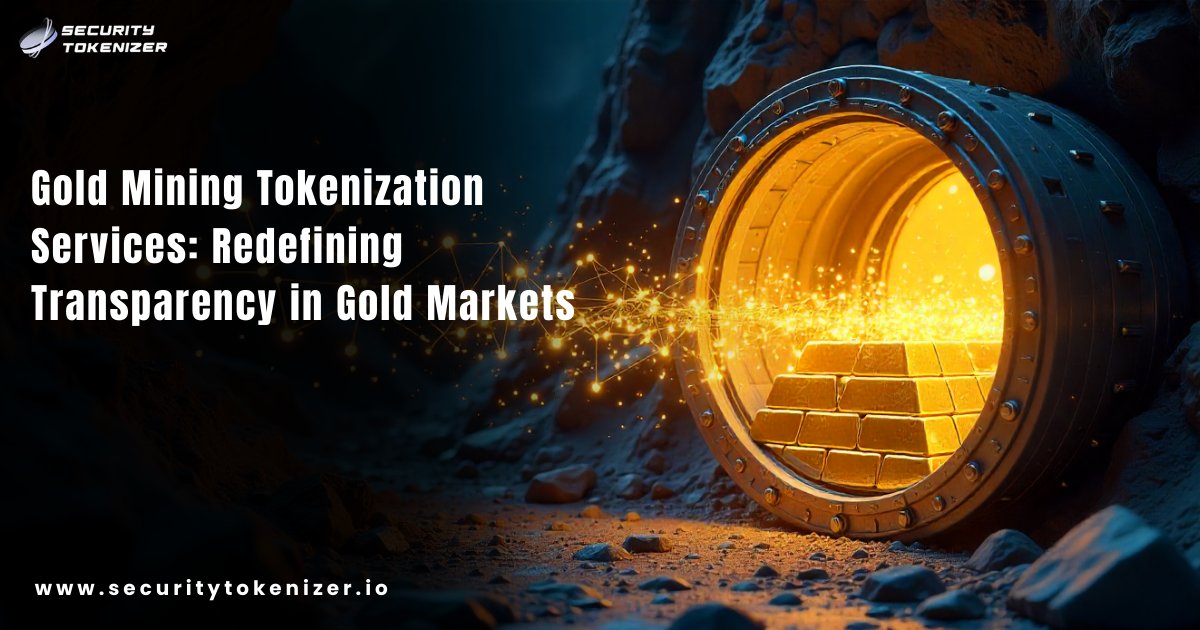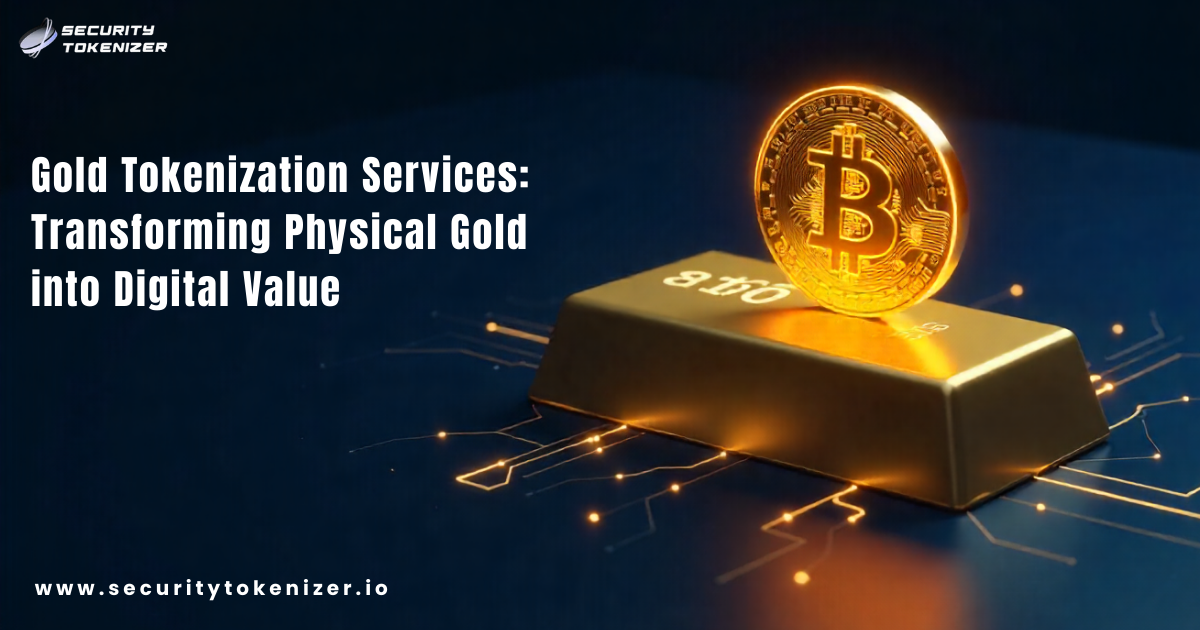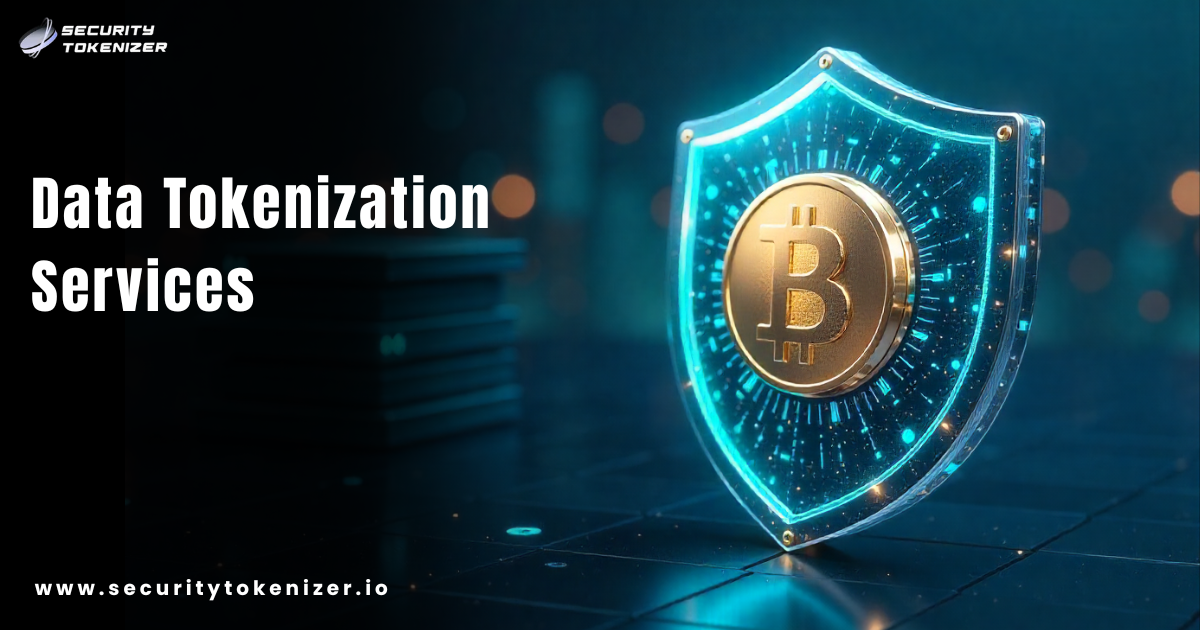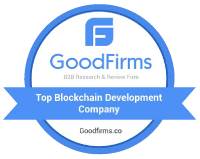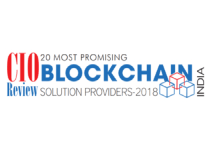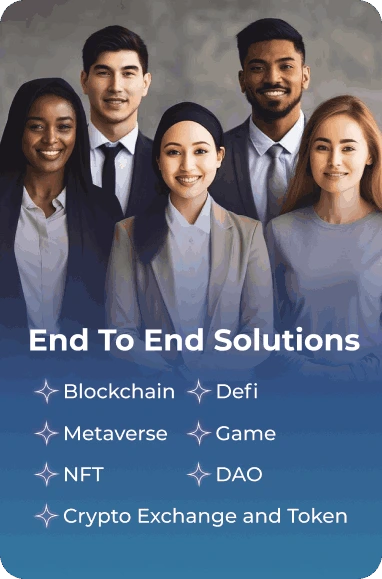Subscribe Our Newsletter
Table of Content
What is Real-World Asset Tokenization?
Real-World Asset Tokenization involves transforming the ownership rights of physical assets, including real estate, art, commodities, and other valuable items, into digital tokens on a blockchain. These tokens serve as more than digital representations; they signify ownership or fractional ownership, enabling the efficient and transparent transfer of value in a decentralized way.
This process of both the physical and digital world gives traditional investments the liquidity, transparency, and accessibility of blockchain technology.
How Tokenization is Transforming Investments
Fractional Ownership
Tokenization facilitates the division of high-value assets into smaller, high affordable units, providing retail investors with the opportunity to enter markets like as real estate or art with a lower capital requirement.
Improved liquidity
Traditionally, illiquid assets are now tradable around the clock via tokenized markets, allowing investors to exit more fast and easily without the need to wait for complete asset sales.
Lower Costs
Blockchain technology and smart contracts diminish based on banks, brokers, and legal intermediaries, leading to a substantial decrease in transaction fees, administrative expenses, and processing delays.
Transparency & Security
Blockchain provides a reliable and unchangeable ledger of ownership and transactions, creates trust by minimising fraud, and enhances the efficiency of compliance and audits.
Global Access
Individuals with internet access and a digital wallet can invest in tokenized assets worldwide, remove geographic limitations, and promote inclusive, international investment opportunities.
Benefits of Tokenizing Real-World Assets
Boosting Liquidity with Tokenized Assets
Blockchain-based platforms allow for the trading of tokenized assets, providing advantages over traditional illiquid holdings. Investors are happy with quick transactions and high flexibility in their exit strategies.
Reducing Costs with Blockchain Technology
Blockchain technology reduces transaction and administrative fees by eliminating intermediaries. Smart contracts automate processes, resulting in time and cost savings.
Ensuring Transparency and Trust
Blockchain maintains a safe and secure public ledger that records all ownership and transactions, enhancing investor confidence by providing real-time audit capabilities and preventive measures against fraud.
Supporting Regulatory Compliance
Tokenized assets with integrate smart contracts can streamline KYC, AML, and transfer regulations, thereby reducing compliance risks and simplifying legal supervision for financial institutions.
Risks and Limitations
Regulatory Uncertainty
The tokenization of real-world assets is influenced by changing regulations in various jurisdictions. Ambiguous legal frameworks pose risks related to compliance, taxation, and the enforceability of token ownership in a legal context.
Limited Market Infrastructure
The asset tokenization market is still emerging, lacking the deep liquidity and infrastructure found in traditional markets. This shortcoming can hinder investors' capacity to trade tokenized assets quickly and effectively.
Smart Contract Vulnerabilities
Blockchain investments in smart contracts facilitate transactions and transfers of ownership. However, bugs in smart contract code or vulnerabilities in blockchain networks can lead to security breaches or lost assets
Low Investor Awareness
As tokenization in finance continues to expand, more investors are still unfamiliar with the mechanics of blockchain technology and tokenized assets.
Lack of Standardization
The transformation of investments through asset tokenization is obstructed by the lack of standardization in many platforms. Diverse protocols and token frameworks can limit interoperability, posing difficulties for combined investors and platforms.
The Role of Regulation in Tokenized Finance
- Real-World Asset Tokenization Legal and Compliance Frameworks.
- Asset Tokenization Protecting Investors through Standards.
- Blockchain Investment Ensuring Fairness and Openness.
- Tokenized Assets Addressing Cross-Border Challenges.
- Investment Transformation: Balancing breakthrough and Regulation.
- Tokenization in Finance Regulatory Innovation to Keep Pace.
- Blockchain Technology Enhancing Security through Regulation.
Future Outlook of RWA Tokenization
- Mainstream Adoption of Real-World Asset Tokenization.
- Expansion Into New Asset Classes.
- Institutional Interest and Market Maturity.
- Integrated Compliance and Smart Governance.
- Blockchain Technology Drives Efficiency and Trust.
- Transformation of Traditional Investment Models.
- Global Regulatory Progress and Standardization.
Why choose a Security Tokenizer for RWA tokenization in transforming?
SecurityTokenizer is a premium token development company, leading the way in real-world asset tokenization. We leverage the power of blockchain technology to eliminate traditional inefficiencies and build asset management more transparent, liquid, and accessible. Our advanced solutions tackle key challenges such as asset validation, wallet security, and scalable deployment, ensuring a smooth, secure, and future-oriented investment experience for businesses and investors alike. And focus on innovation and compliance, we empower clients to stay ahead in a digital-first financial world. Partner with Security Tokenizer to unlock the true potential of real-world assets via blockchain.

